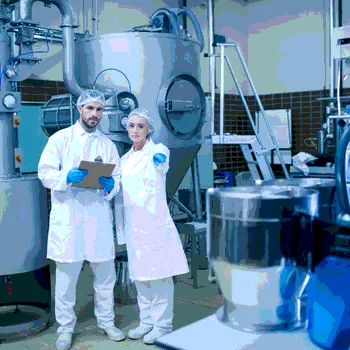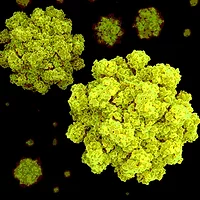Six Food Safety Tips to Achieving a Successful Food Safety Program

At our company, we have six key priorities to achieving a successful food safety program:
1) Make food safety THE priority.
Food safety must start at the top. The only way it will be valued by the entire organization is when it is apparent to everyone that it is embraced by the company’s board and executive leadership. Leadership must manage for it and even connect bonuses and advancement to achieving and maintaining the highest safety standards. So that there are no misunderstandings, operation managers must be clear in defining and outlining standards and procedures.
2) Constantly communicate about food safety.
Food safety messages should be communicated frequently and consistently to the team by every manager—in ads, newsletters, orientation, team talks and more. A process for commending exemplary team members should be implemented.
3) The food safety process starts with quality vendors.
Food safety begins well before the food reaches retail. One key reason why our company is successful at food safety is because we select our vendors based on their exceptional food safety standards. We rate them according to their quality, process, handling, storage, shipping and other factors.
4) Use the latest technology for traceability.
Today’s technology enables us to track each product from harvesting the seafood to storage to shipping to retail, in order to continue improving the process and to pinpoint and fix problem areas.
5) Put real people who are knowledgeable, on site, at each point along the chain.
The process can break down if there is an unsupervised step at any point along the distribution channel. One of our unique advantages is that we own our own distribution/trucking company and have a trained professional sushi master chef at each retail location to supervise quality and safety, with the support of corporate management.
6) Never take food safety for granted.
Although our goal is to make food safety a habit with everyone in our company, we also coach people to be on the constant lookout for aberrations and to feel responsible for taking appropriate action when recognized.
Josh Onishi is CEO and president of Peace Dining Corporation. His company owns and operates over 200 company-owned, in-store and stand-alone sushi boutiques under the Genji and Mái sushi brands in the United States, Canada and United Kingdom. As head of the largest purveyor of raw fish and fresh seafood products in North America, Onishi is passionate about quality and food safety, becoming the first sushi company to attain ISO 14001:2004 certification. He observes “the key to successful food safety is to institutionalize policy and to build it into corporate culture and operations. Ultimately food safety must become habit-like and practiced by everyone at every level in the organization.”
Looking for quick answers on food safety topics?
Try Ask FSM, our new smart AI search tool.
Ask FSM →







